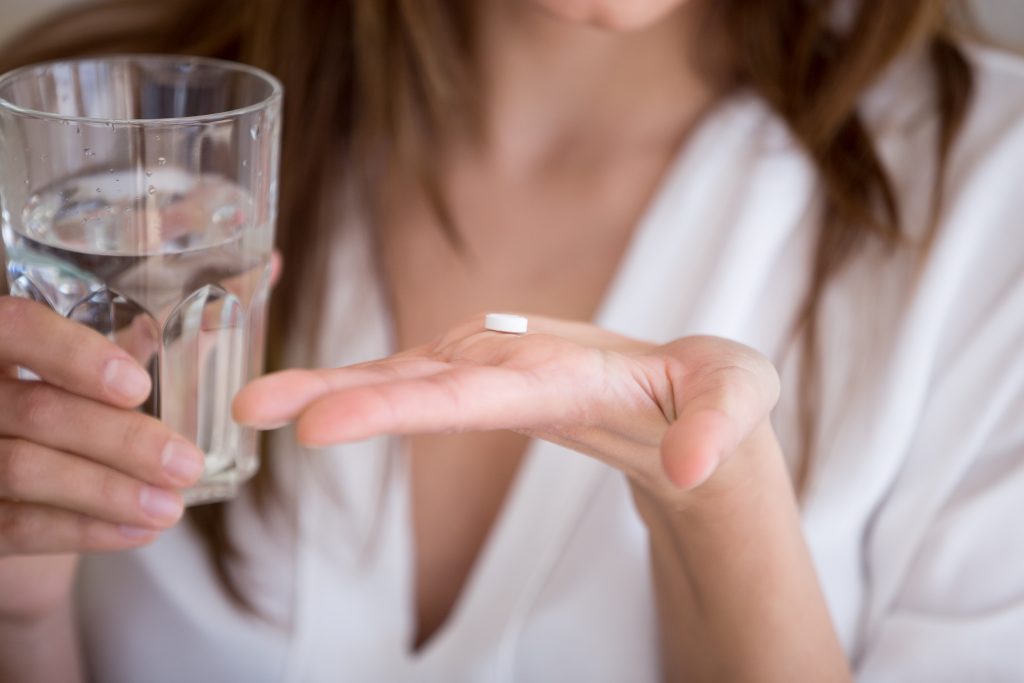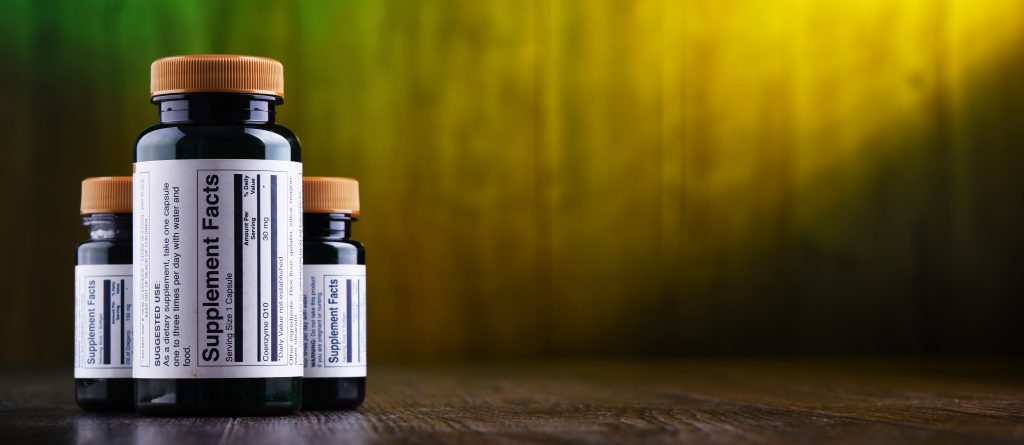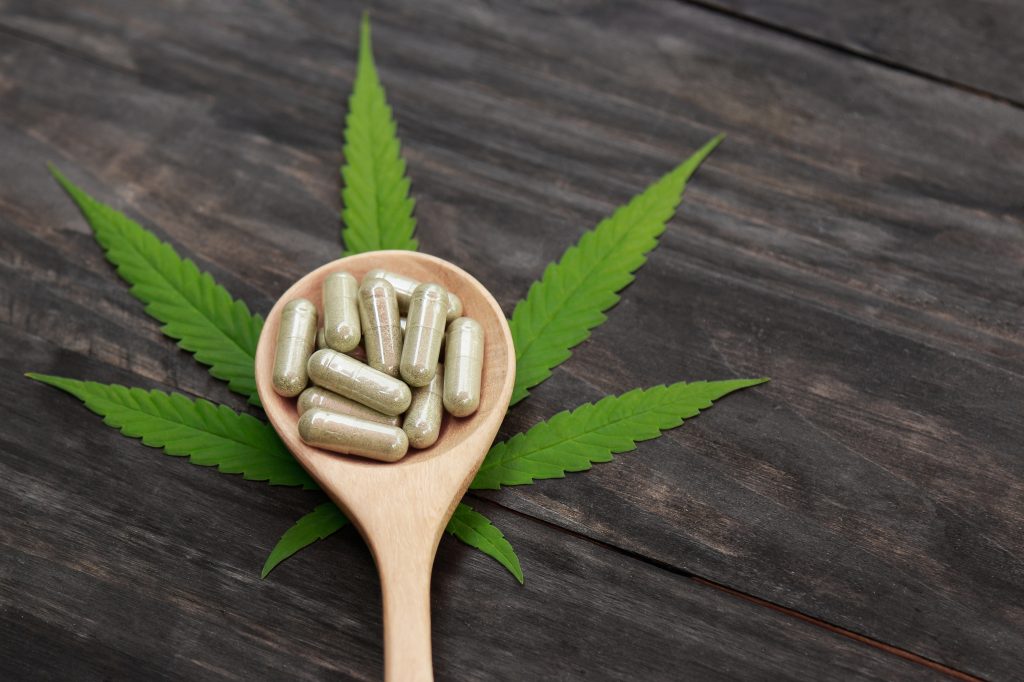There are some very intense realities to life, and one is that if you really want change, you need to really make changes. Though the addition of supplements may be useful, if you really want them to work, you might need to change other aspects of your life.
Supplements can improve your health, but if you really want them to work, you might need to change other parts of your life. The cannabis plant provides many compounds that can be used as supplements for sleep, weight loss, stress reduction, and more. Remember to subscribe to The THC Weekly Newsletter for deals on legal cannabis products, as well as all the latest news and industry stories. Also save big on Delta 8, Delta 9 THC, Delta-10 THC, THCO, THCV, THCP & HHC products by checking out our “Best-of” lists!
Supplements
These days there are supplements for pretty much anything. You don’t eat meat and you’re not getting enough B12? Well, there’s a capsule for that. Not enough fermented foods in your diet and your guts are acting up? Take yourself a probiotic. Eating a diet full of omega-6 and you feel a little swollen, best to swallow down some fish oil. Overweight and trying to deal with it, maybe add some THCV into your diet.
A supplement is something that is added into a diet, generally to make the addition of something that is lacking, or for a particular purpose. Supplements generally contain “minerals, herbs or other botanicals, amino acids, enzymes” as well as other possible ingredients. They can come as tablets, gummies, capsules, tinctures, oils, powders, drinks, energy bars, and pretty much any other way to get something in you.
A lot of things can be used as supplements in a diet, although the term ‘dietary supplement’ is a specific term made by congress that rules out many compounds. Some supplements are taken specifically to obtain nutrients that aren’t being acquired in a regular diet. These kinds of supplements can be for essential nutrients which are not made by the human body, (and must be taken from the environment around), or non-essential nutrients which the body can produce, even if it can’t produce enough. Examples of essential nutrients are fats like omega-3, amino acids like lysine, vitamins like vitamin A and the vegan-loved B12, and minerals like calcium, magnesium, and zinc.
Nonessential nutrients are those that can be made in large enough quantities by the human body, but for whatever reason are lacking. Nonessential nutrients include amino acids like tyrosine and L-cysteine, and vitamins like vitamin D and biotin. Another thing not produced by the body (though not considered a nutrient) is fiber, which many people also take as a supplement to improve digestive function.

‘Dietary supplement’ is a legal definition for what can be sold in a specific category, so not everything that acts as a supplement, is considered a dietary supplement. Insulin is a good example of this. It is most certainly supplemental, but not considered a supplement by definition. This is also legal, as insulin is in approved medications, and therefore can’t be marketed as a supplement.
Not all supplements were created equally, and this must be remembered. The supplements market is not regulated, and therefore, though the market is legal, what can go into products is not defined. This makes it a ‘know your labels’ industry, as cheaper brands might put in additives, use lesser quality materials, or sell you the wrong thing altogether. There is also the issue of chemicals used.
A supplement will contain several other ingredients not related to the actual purpose of the supplement. Think about the capsule it might be in, something put in it to keep it from spoiling, or whatever makes it that bright blue color. Depending on what you want to stay away from in life, picking the right supplements as per the desired ingredients, is also important.
Do supplements work?
This is a great question in life, and different people will give you different answers. The most honest answer is, sometimes it’s hard to tell. If a person isn’t taking something where they expect to see a direct effect, it might be hard to tell if there is one. There are a lot of factors that can complicate life, and its often hard to tell exactly what is causing each response.
Many supplements fit the bill for ambiguous results. If a vegan is taking B12 to make up for not ingesting animal products, and their energy improves, it will still be hard for them to rule out other factors that could’ve caused the improvement. Maybe they simultaneously also started getting more sleep, or inadvertently upped protein without realizing it, through a dietary change.

When a person takes an antibiotic to kill an infection, an improvement in symptoms will generally be related to that medication. If a person has an infected cut that won’t heal on its own, and then the application of hydrogen peroxide or alcohol decreases infection, the two are likely correlated. Does it mean they have to be related? No, but in general practice, they are.
If a supplement is taken for something that it can help with, it probably will. Think about people with diabetes. Technically, the insulin they take is supplemental because its not the insulin made by their bodies. We consider insulin a medication, not a supplement, because its in approved mediations, but this doesn’t change that its acting as a supplement.
Generally, taking insulin will reverse symptoms by temporarily solving the problem of not enough insulin produced in the body. For a Type I diabetic, insulin is actually an essential supplement, because the body isn’t producing enough. Whereas for Type II, its nonessential because there isn’t a problem with production, but rather with production being enough for an expanded body size (assuming the issue is weight). In the case of diabetes, the user will most certainly know if the supplemental insulin is working.
The above example is very different from a person supplementing with something like probiotics. In this case, the difference can still be incredibly intense, but it won’t necessarily be quite as direct, and can often take a long time for full effects. Probiotics can be very useful, and I personally attest to the difference it can make in the digestive tract when a person consistently takes a quality product.
Best way to make supplements work, is to change your life
This is not a desired headline for many people, but it’s still mostly true. Unless a supplement is always going to work for everyone, there isn’t a guarantee for effectiveness. Realistically, this is also relevant for the standard medical world. Think of how often we speak of antibiotic resistance… well, that denotes people not getting the intended effect of the antibiotic. Supplements might work better in some bodies than in others, but there is still a hard and fast truth to easy answers.
Let’s be honest, most people take supplements to solve a problem, or improve their health in some way. Like taking those probiotics. It’s a great idea, BUT, if a person is going to continue with bad habits, the probiotics might not be very effective. If a person is eating a diet full of chemicals and processed foods, simply taking a probiotic might not be enough to counter or reverse years of internal damage and the continuation of what caused the damage in the first place. If you are concerned enough about your digestive health to take a probiotic regularly, you might want to consider a change to your life in the form of a better actual diet.

Another example is if a person is having problems sleeping, and attempting to remedy the situation by taking a CBN product. Expecting the CBN to work, despite ingesting caffeine and living by a schedule not conducive to good sleep, is a little off base. But if the person in question also takes caffeine out of their diet, gets some exercise, and works their schedule to be more conducive to a natural sleep cycle, that supplement might work way better.
To some, this takes away the idea of the easy answer, but realistically, easy answers don’t exist. The person with sleeping problems might require something more to help sleep, even despite making lifestyle changes. However, this doesn’t mean a certain amount can’t be achieved through those lifestyle changes alone. It also doesn’t mean the supplement absolutely will work if changes are made, but better overall lifestyle habits can influence overall supplement performance.
One of the biggest issues where supplements come into play, is weight loss. Everyone wants an easy answer, and no one wants to do the work. Whether the work means getting to the gym and working out, or establishing a healthy diet that promotes weight loss, (or more likely, both together) it’s incredibly common for people to try to cut corners with bad diets, and supplemental weight loss products. Compounds like ephedra, or the cannabis cannabinoid THCV, are examples of supplements used for dieting. However, if you pay attention to what goes on in the world of weight loss, you already know that if you want to lose weight, its not about the pill, it’s about making a change in your life.
If a person really wants to lose weight, they’ll probably need to start exercising. If a person really wants to improve their sleep, they’ll probably have to cut out caffeine and assess other aspects of their diet and schedule. And if a person with digestive issues really wants to improve them, taking a probiotic is great, but cutting out foods that are bad for the guts, will make those probiotics way more effective.
Conclusion
Very few people will take a supplement without the notion that it’ll do something for them. However, in looking for answers, it’s not uncommon to rely on something like a supplement without considering the realities of every other aspect of life. When looking to improve health, it’ll infrequently be done by simply popping a capsule, though that capsule can still be beneficial. If you want real change, the right supplement can certainly help, but the unfortunate reality is that you’ll probably need to change your life in other ways, if you really want to chase that positive result.
Welcome… Thanks for joining us at CBDtesters.co, the internet’s one-stop-shop for all the best and most pertinent cannabis and psychedelics-related news going on currently. Stop by daily to stay abreast of the quickly-moving landscape of legal drugs and industrial hemp, and sign up for The THC Weekly Newsletter, so you always hear every news story first.
Disclaimer: Hi, I’m a researcher and writer. I’m not a doctor, lawyer, or businessperson. All information in my articles is sourced and referenced, and all opinions stated are mine. I am not giving anyone advise, and though I am more than happy to discuss topics, should someone have a further question or concern, they should seek guidance from a relevant professional.